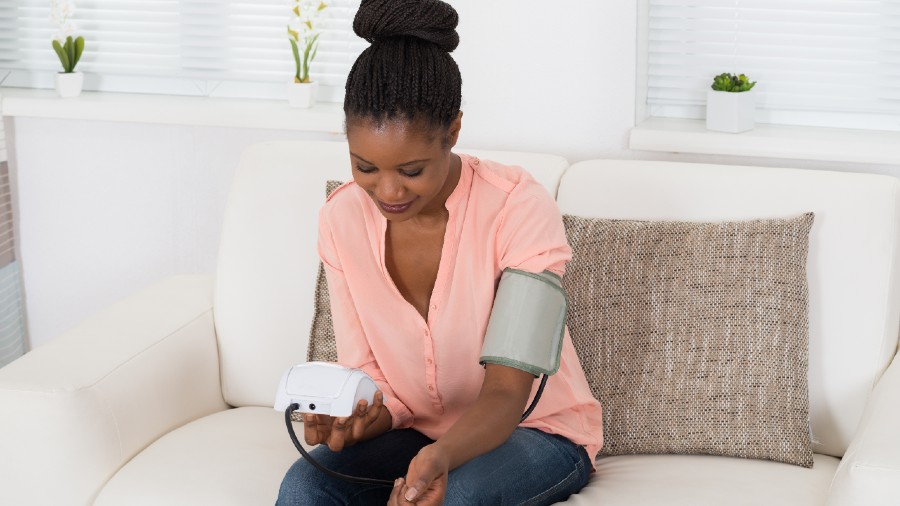Women who are socially isolated have an increased risk of high blood pressure but men, not so much. Scientists have found that compared with married women, single women had a 28 per cent higher risk of hypertension, divorced women a 21 per cent higher risk and widowed women a 33 per cent higher risk. Social connections were also significant. Compared with the one-quarter of women with the largest social networks, those in the lowest one-quarter were 15 per cent more likely to have high blood pressure. Men who lived alone had a higher risk of hypertension than men with partners, but the size of men’s social networks was not significantly associated with high blood pressure, the study published in the Journal of Hypertension found.
Acupuncture good for pain
A double-blinded randomised trial of electroacupuncture found it may result in a modest improvement in daily functioning for those with chronic back pain, though it provided little pain relief. Electroacupuncture uses a small electric current passed between needles, a practice some believe provides additional pain relief compared to regular acupuncture. The study, published in JAMA Network Open, found no statistically significant difference in pain intensity between the treatment and placebo groups. But the acupuncture group did report improvements in walking comfortably, standing for longer periods, bending or kneeling and other daily activities.
Female docs, few C-sections
Female obstetricians are 25 per cent less likely than their male colleagues to perform Caesarean sections, a review of studies has found. Presented with the same hypothetical birth scenario, women doctors were 40 per cent less likely to choose C-section, and women were less likely than men to agree to a maternal request for a C-section without medical necessity. Researchers pooled data from 15 studies from around the world covering more than 1.2 million births plus 11 studies that used hypothetical scenarios.The review was published in the journal, Obstetrics & Gynecology.
Weighted blankets for sleep
Weighted blankets, which have long been popular aids to induce calm, could help reduce insomnia, a new study published in the Journal of Clinical Sleep Medicine suggests. Swedish researchers randomly assigned 121 patients with sleep problems to two groups. The first slept with an 8-kilo blanket weighted with metal chains, and the second with an identical looking 1-kilo plastic chain blanket. The study used the insomnia severity index, a 28-point questionnaire that measures sleep quality, and activity sensors. More than 42 per cent of those using the heavy blanket scored low enough on the insomnia severity index to be considered in remission from sleep troubles. The weighted blankets did not have a significant effect on total sleep time but users had a significant decrease in awakenings.










